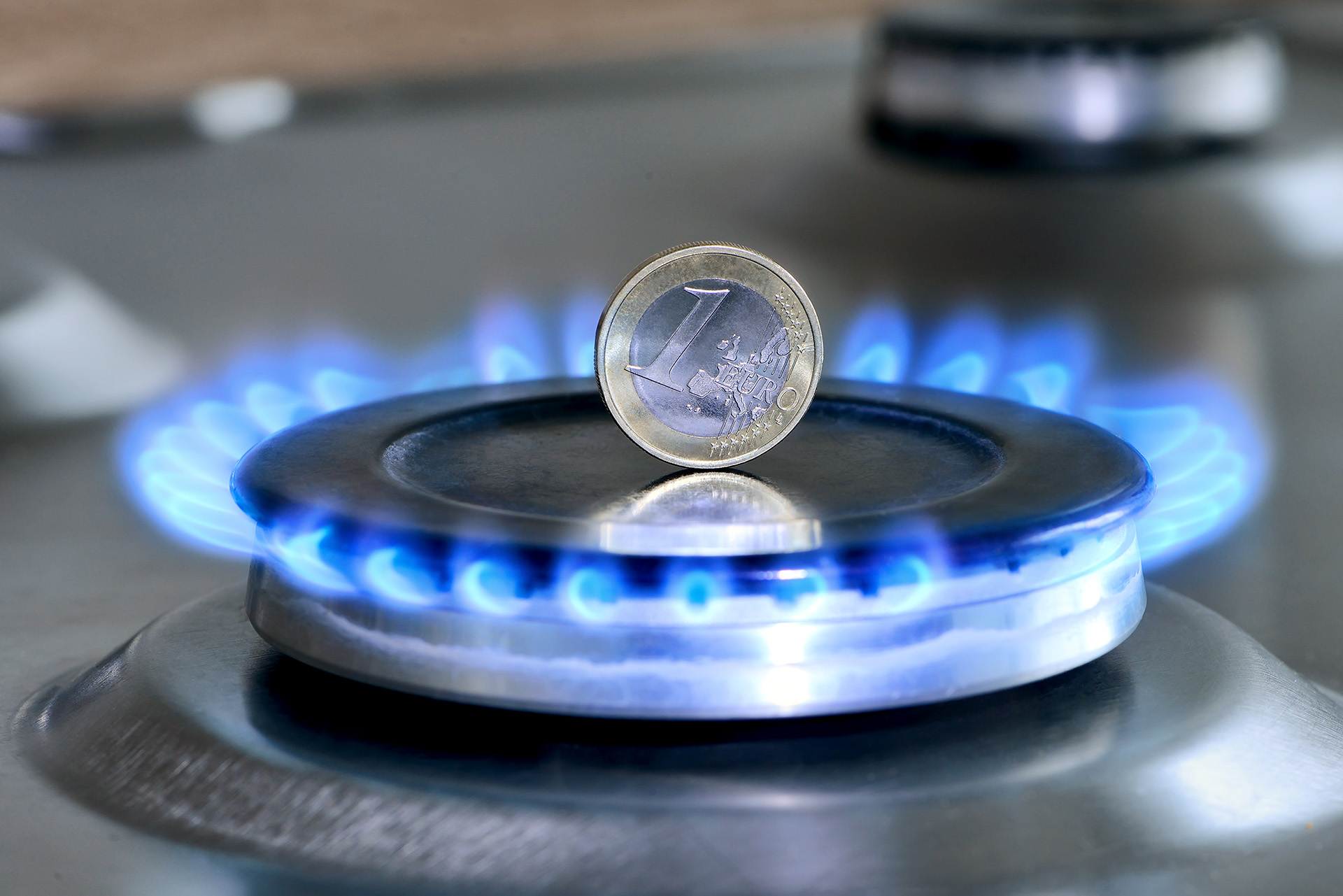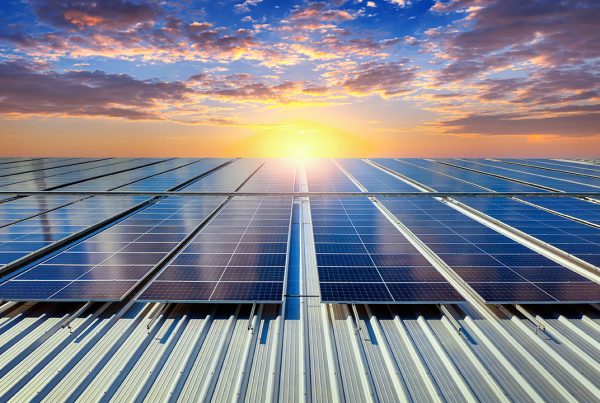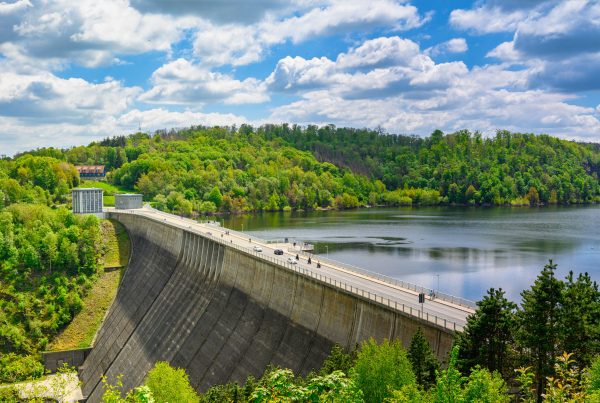For any investor, the freedom to sell their services or products at a price calculated according to market conditions is crucial for maintaining and developing their business. Equally, consumers must have the right and freedom to choose the supplier they consider to be the most suitable and offering the best price and service.
Any state intervention in market mechanisms can distort supply and demand, restrict competition and, ultimately, harm consumer interests. It is a natural logic of things, which applies to all sectors of the economy.
Although Romania had taken important steps towards a free market for natural gas, through GEO 114/2018, the price of natural gas has been brought back under state control. Thus, natural gas producers were obliged to sell to suppliers the quantities intended for households and thermal power plants at a fixed price of 68 lei/MWh until March 2022, regardless of the market value of natural gas.
European Commission: Price controls do not protect consumers
In March 2019, the European Commission sent a notification to the Romanian authorities, in which it warned them that they had not correctly implemented certain requirements of the Gas Directive and the Security of Supply Regulation. The Commission pointed out that the wholesale price regulation introduced in December 2018 contravenes EU legal requirements and is not suitable to achieve in a sustainable way the objectives of protecting household consumers from excessive price increases.
The move to force producers to sell almost half of their output at a fixed price to households and CETs has not only reduced liquidity in the natural gas exchange market, but also increased prices for industrial consumers who buy from there. The lack of price flexibility has meant that this year, when prices on the stock exchange have fallen significantly against the backdrop of the steep fall in oil prices, the general public has not been able to benefit from these price cuts but, paradoxically, has been able to buy natural gas at much higher prices than on the stock exchange. The situation is similar to that in 2016, when, forced by the authorities to maintain a certain price, domestic producers were unable to cheapen natural gas, resulting in an increase in cheaper imports.
The state has thus artificially maintained prices for the population above market levels. This is no longer protection for domestic consumers. On the contrary.
Liberalization from 1 July in a favorable context
The government has now decided that from July 1, 2020 both producer and final prices paid by the population will be liberalized. The decision comes against a consumer-friendly backdrop, when prices on the domestic market, as in the European market, have fallen due to the COVID-19 pandemic. Even if producers' incomes are affected by low demand and current low prices, the price deregulation measure should encourage investment in the sector.
Romania has over 100 years of history in natural gas exploitation, and most fields are mature and low-productivity. Significant investment in the sector is therefore needed to control and reduce the decline in production through increasingly sophisticated technology. Robust domestic production means the possibility of domestic upstream utilization of natural gas, but also low import dependence and thus high energy security.
Right to choose the best price
Liberalization should also lead over time to increased competition between suppliers. What is needed, however, is a sustained campaign by the authorities to inform consumers so that they are aware of their rights and know that they can not only negotiate prices with their current supplier, but also opt out at any time in favor of another.
In developed, mature European markets, such as the UK, there are many online platforms that allow users to compare offers and switch their utility provider very quickly and effortlessly. They explain to users that the final price depends on how much they consume, the area of consumption and the type of tariff they choose with their supplier. In addition, they advise consumers to make price comparisons between available offers on an ongoing basis, at least once a year, to ensure that they are getting the best deal available at that time. So the best way to save money is to always compare prices and choose the lowest one.
The vulnerable consumer, an emergency to be tackled
Giving consumers this freedom is the most effective way for the state to truly protect consumers. The authorities' attention must instead be focused on market surveillance and swift correction of abuses. The authorities must also make sure that they look after vulnerable consumers, those who, due to various factors such as poor health, poverty, reduced mobility, etc., are unable to pay their bills. Unfortunately, even now there are no clear criteria for defining vulnerable consumers, even though the issue has been on the public agenda for years and European legislation requires all Member States to identify vulnerable consumers.
Let's hope that this year, as soon as possible, the authorities will manage to solve this problem through dialog with those who have expertise in this field.
Liberalization, the first step towards a functioning market
Price deregulation is just one of the measures needed to develop the internal market and increase competition. Several other key measures are needed to encourage investment in the sector and create a level playing field for all market players. Finally, it is about national security:
"A well-functioning internal gas market is the best guarantee to ensure security of gas supply throughout the Union and to reduce the risks for each Member State from the adverse effects of gas supply disruptions," says Regulation (EU) 2017/1938 of the European Parliament and of the Council concerning measures to safeguard security of gas supply (the full document is available HERE).





